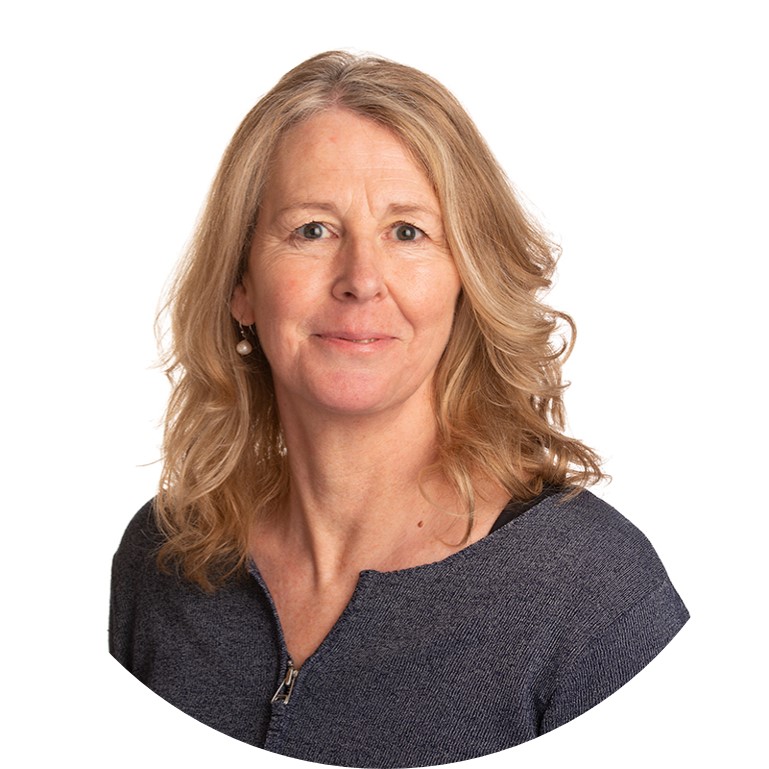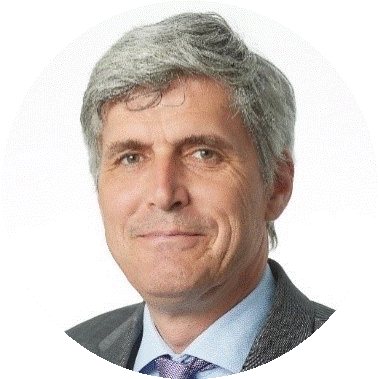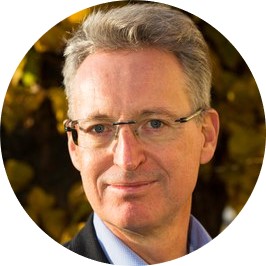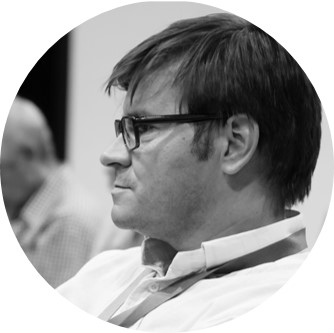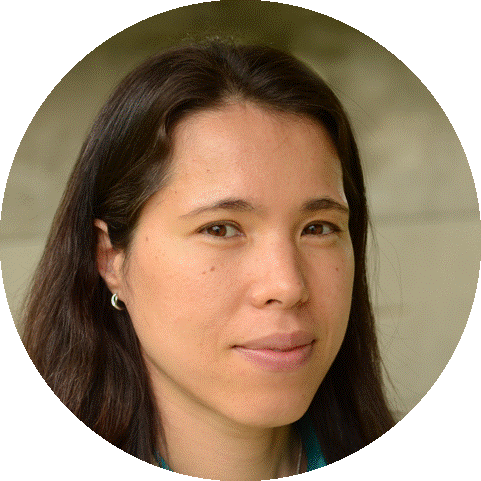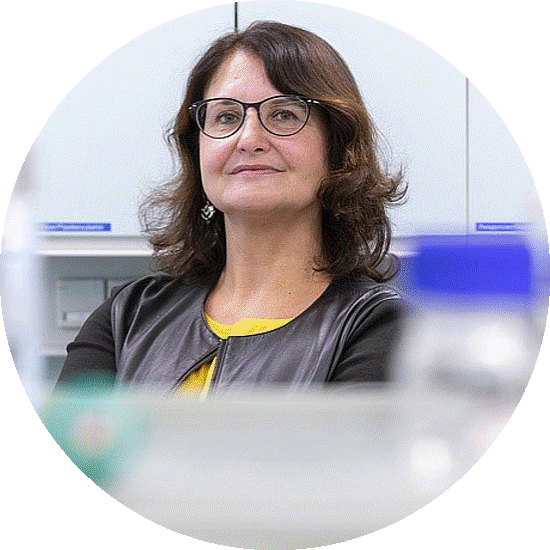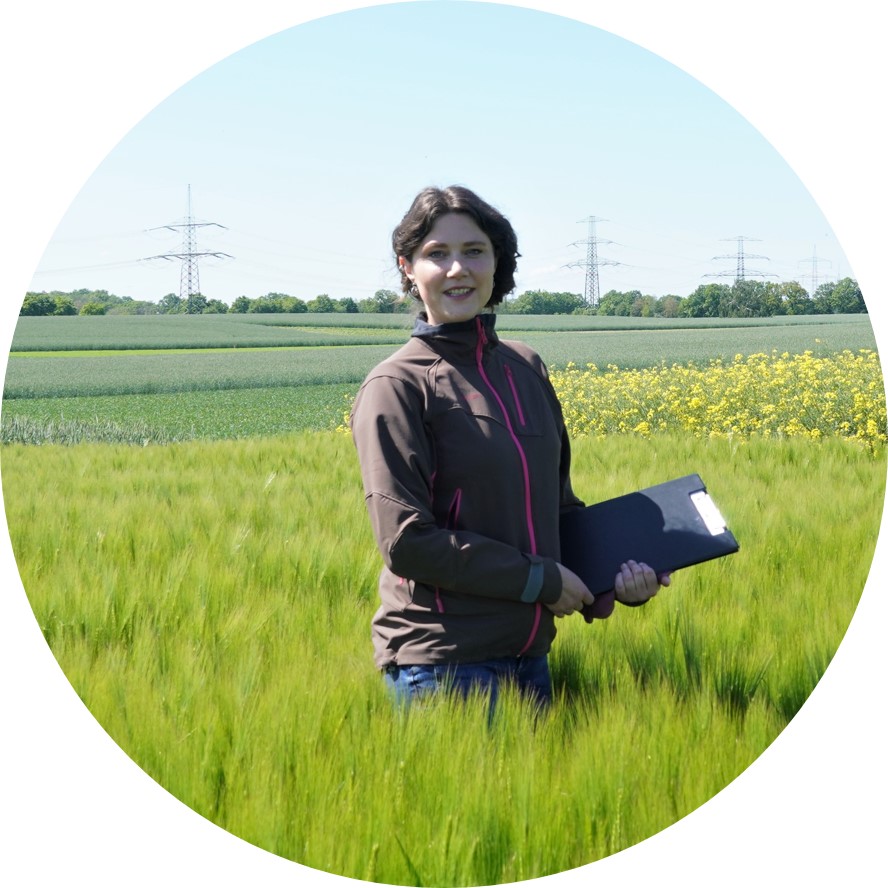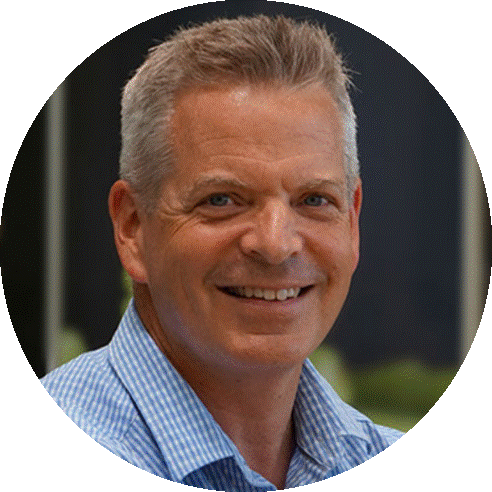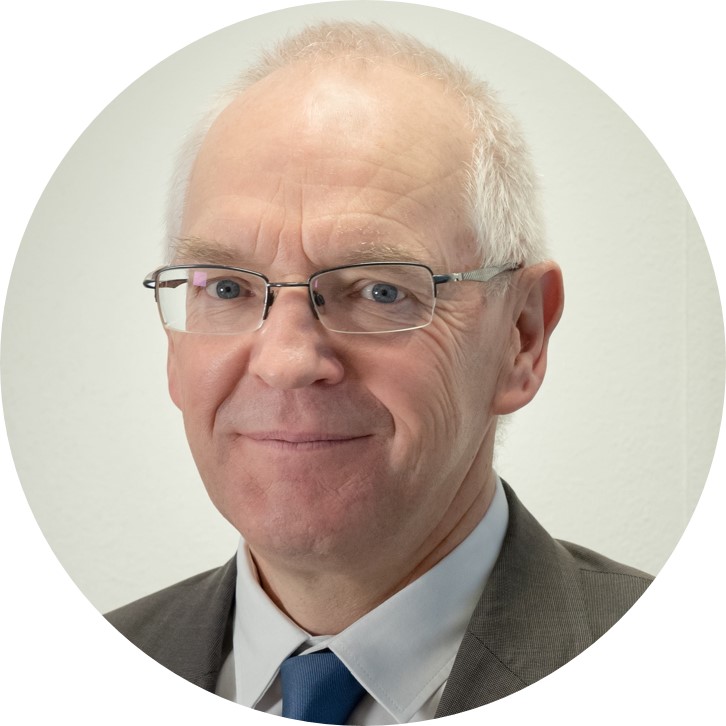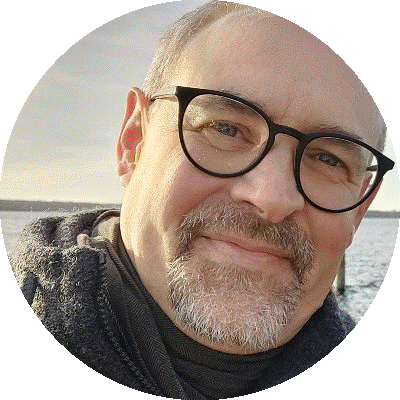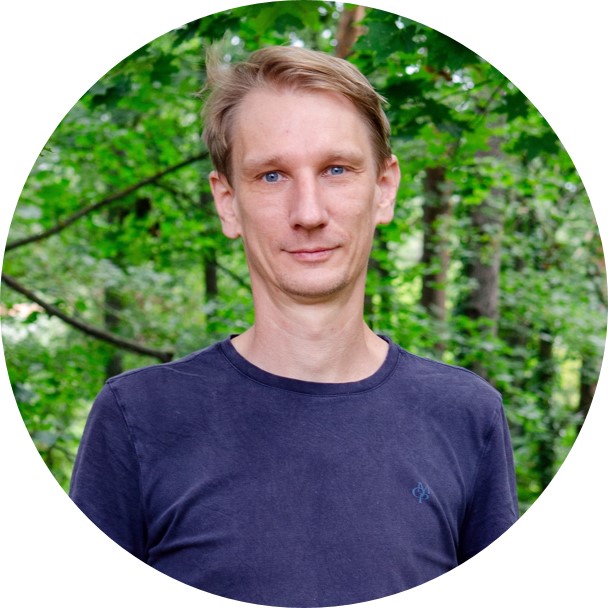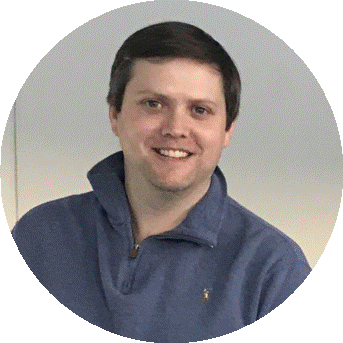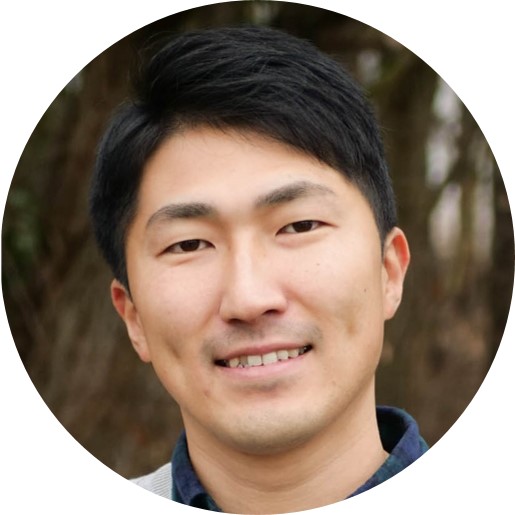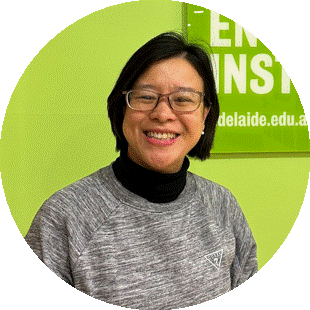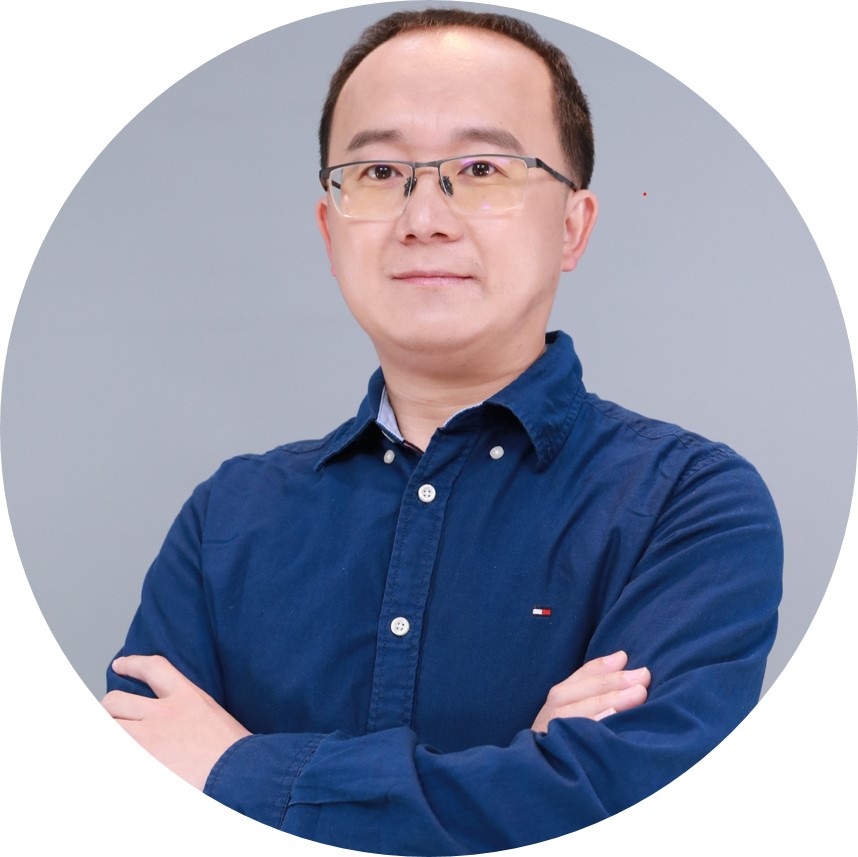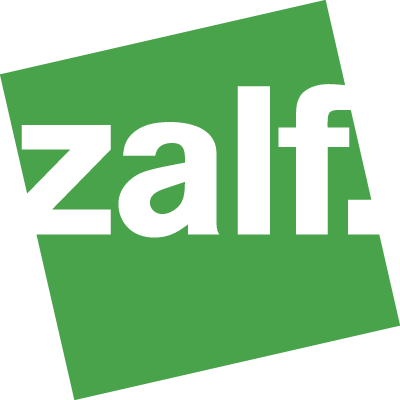Conference chairs
|
|
Prof. Dr. Bridget Emmett |
|
|
Prof. Dr. Frank A. Ewert |
|
© Erik Stolze |
Prof. Dr. Peter H. Feindt |
Scientific committee
|
© Luis Perez y Perez |
Dr. Jesús Barreiro-Hurlé |
|
|
Prof. Dr. Sonoko Bellingrath-Kimura Leibniz Centre for Agricultural Landscape Research (ZALF) & Humboldt-Universität zu Berlin | Germany Sonoko Bellingrath-Kimura is the co-head of Research Area 2 "Land Use and Governance" at the Leibniz Centre for Agricultural Landscape Research (ZALF) and a professor of Land Use Systems at the Humboldt University of Berlin. She received her PhD in Soil Science at the Hokkaido University Japan in 2005 and worked at Tokyo University of Agriculture and Technology till she joined ZALF in 2015. Her research extends from the tropics to the temperate regions, where she examined the effect of land uses on the environments. She is among others board member of the German Society of Agronomy and member of commission for soil protection at the German Environment Agency. |
|
|
Prof. Dr. Gabriele Berg |
|
|
Dr. Kathrin Grahmann |
|
|
Dr. Alain Gaume |
|
|
Prof. Dr. Christian Huyghe |
|
|
Prof. Dr. Steffen Kolb |
|
© Studioline |
Dr. Fatima Lehnhardt |
|
|
Dr. Lasse Loft |
|
|
Prof. Dr. David Christian Rose |
|
© Tom Baumeister / ZALF |
Prof. Dr. Masahiro Ryo |
|
|
Prof. Dr. Sandro Luis Schlindwein |
|
|
Dr. Pham Thu Thuy |
|
|
Prof. Dr. Gaowen Yang |
|
|
Local organising committee (ZALF) |

